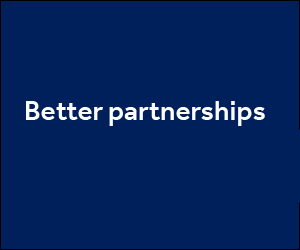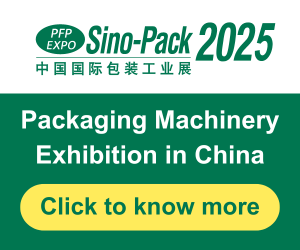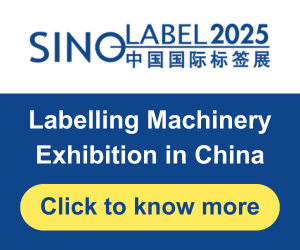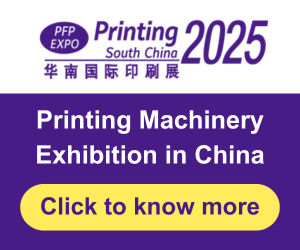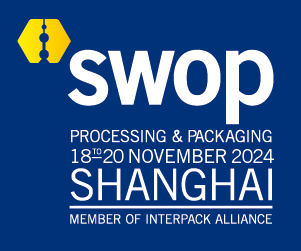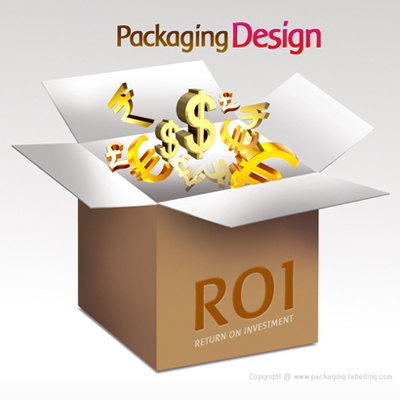Smart Packaging for Pharmaceuticals: Ensuring Product Safety and Compliance
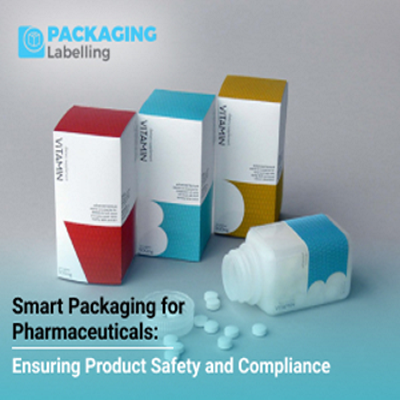
Introduction:
In the fast-paced world of pharmaceuticals, where innovation and precision are paramount, the role of packaging cannot be understated. Smart packaging has emerged as a revolutionary solution to ensure not only the safety of pharmaceutical products but also to meet stringent regulatory compliance standards. This article explores the fascinating realm of smart packaging for pharmaceuticals, shedding light on its importance, features, and the positive impact it has on the industry.
The Significance of Smart Packaging:
Smart packaging refers to the integration of advanced technologies into traditional packaging to enhance functionality and address specific challenges. In the pharmaceutical sector, the stakes are high – product efficacy, patient safety, and regulatory compliance are non-negotiable. Smart packaging becomes the knight in shining armor, offering a myriad of benefits.
1. Real-Time Monitoring:
One of the standout features of smart packaging is its ability to provide real-time monitoring of pharmaceutical products. Through sensors and connected devices embedded in the packaging, manufacturers can track key indicators like temperature, humidity, and light exposure. This real-time data ensures that the products remain within specified storage conditions, safeguarding their efficacy.
| Also Read:Compliance and Security Measures in Pharmaceutical Packaging |
2. Tamper-Evident Technology:
Counterfeiting and tampering pose significant threats to the pharmaceutical industry. Smart packaging incorporates tamper-evident technologies, such as holographic seals and RFID (Radio-Frequency Identification) tags. These features not only deter counterfeiters but also enable easy identification of tampered products, ensuring that only genuine medications reach consumers.
| Also Read:Regulatory Considerations for Medical Packaging: How to Stay Compliant |
3. Supply Chain Visibility:
The pharmaceutical supply chain is intricate, with products passing through various stages before reaching the end user. Smart packaging facilitates enhanced visibility throughout this journey. RFID and GPS technologies allow stakeholders to track the movement of pharmaceuticals from manufacturing facilities to distribution centers, pharmacies, and ultimately to patients. This transparency not only reduces the risk of diversion but also enables quick response in case of recalls.
| Also Read: The Future of Smart Packaging: Bridging the Gap with IoT Integration and Enhanced Consumer Engagement |
4. Patient Engagement:
Smart packaging is not just about protecting products; it also fosters better patient engagement. Interactive packaging with QR codes or NFC (Near Field Communication) technology enables patients to access essential information about their medications, including dosage instructions, potential side effects, and expiry dates. This empowerment enhances patient compliance and contributes to better health outcomes.
Ensuring Regulatory Compliance:
The pharmaceutical industry operates under strict regulatory frameworks to guarantee the safety and efficacy of medications. Smart packaging plays a pivotal role in helping companies comply with these regulations.
1. Serialization and Track-and-Trace:
Many countries have implemented serialization requirements to track and trace pharmaceutical products throughout the supply chain. Smart packaging integrates serialization technologies like 2D barcodes or unique identifiers, allowing regulatory authorities and manufacturers to trace each unit of medication from production to consumption. This level of traceability is crucial for compliance with regulations and for swiftly addressing issues such as recalls.
2. Data Integrity:
Regulatory agencies, such as the FDA, emphasize the importance of data integrity in the pharmaceutical industry. Smart packaging systems ensure the accuracy and reliability of data through encryption and secure communication protocols. This not only safeguards sensitive information but also ensures that the data generated by smart packaging technologies is accepted by regulatory bodies.
3. Compliance with Good Distribution Practices (GDP):
Good Distribution Practices are essential for maintaining the quality and integrity of pharmaceutical products during storage and transportation. Smart packaging helps companies adhere to GDP guidelines by providing real-time monitoring of storage conditions, preventing deviations that could compromise product quality.
The Future of Smart Packaging in Pharmaceuticals:
As technology continues to advance, the future of smart packaging in the pharmaceutical industry looks promising. Here are some key developments and trends to watch out for:
1. Blockchain Integration:
Blockchain technology is gaining traction in the pharmaceutical sector for its ability to create secure, immutable, and transparent records. By integrating blockchain with smart packaging, the industry can achieve an unprecedented level of traceability and security, further reducing the risk of counterfeit products.
2. Advanced Sensors and AI:
The future of smart packaging lies in the integration of cutting-edge sensors and artificial intelligence. Smart packaging equipped with AI capabilities can analyze data in real-time, foreseeing potential issues and enabling proactive measures to guarantee product safety.
3. Environmental Sustainability:
The pharmaceutical industry is placing a growing emphasis on sustainability, with smart packaging playing a crucial role in advancing this objective. By integrating eco-friendly materials and designs, smart packaging not only aligns with environmental goals but also enhances the industry's overall sustainability. Furthermore, incorporating features such as temperature monitoring helps prevent wastage by ensuring that medications are stored in optimal conditions.
Conclusion:
Smart packaging has emerged as a game-changer in the pharmaceutical industry, addressing critical issues related to product safety, compliance, and patient engagement. With real-time monitoring, tamper-evident technologies, and enhanced supply chain visibility, smart packaging is not just a technological marvel but a necessity in today's pharmaceutical landscape. As the industry continues to evolve, embracing the latest advancements in smart packaging will be key to ensuring the delivery of safe and effective medications to patients worldwide.

